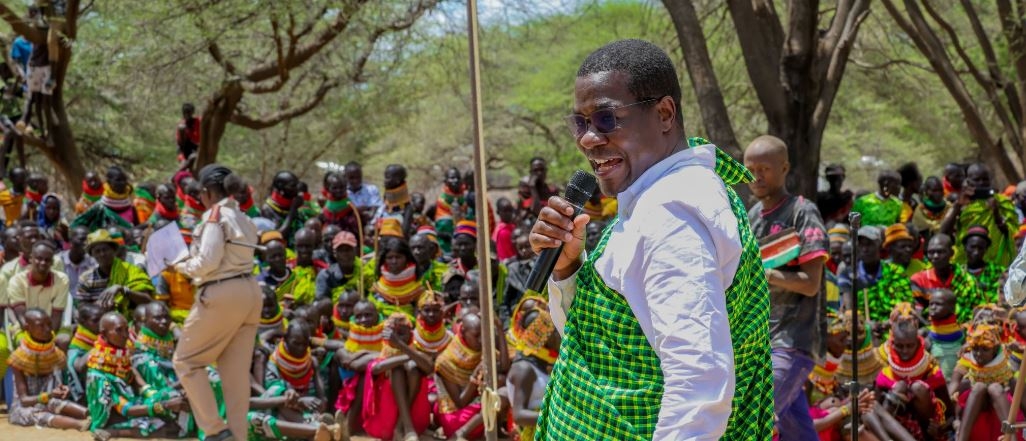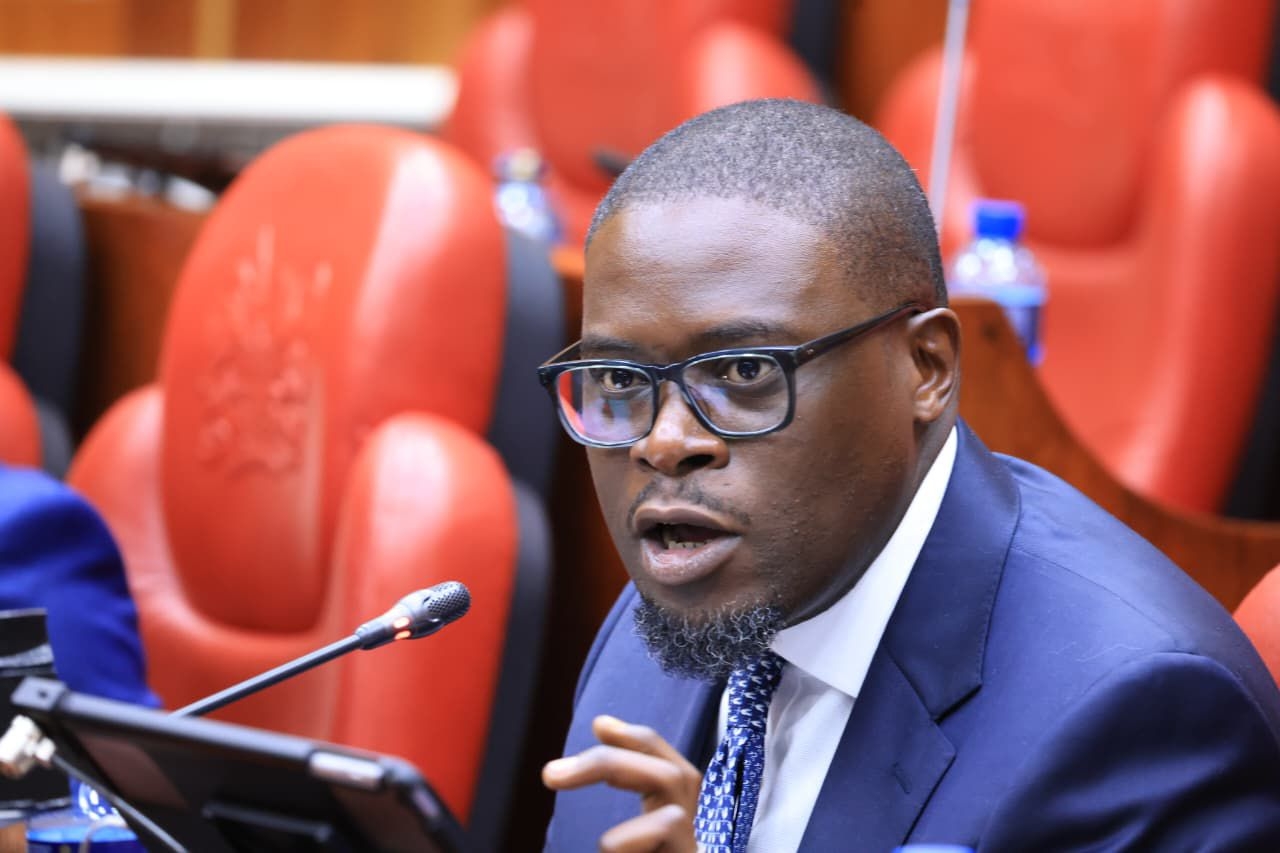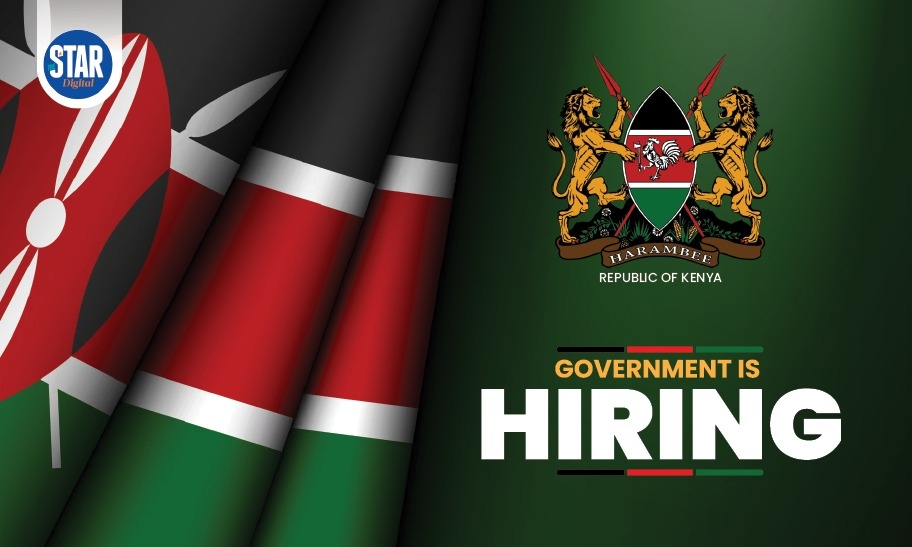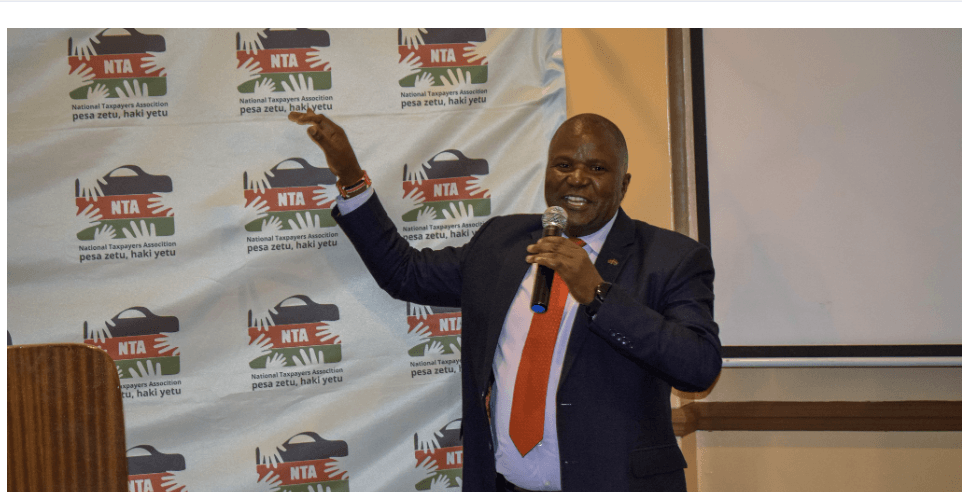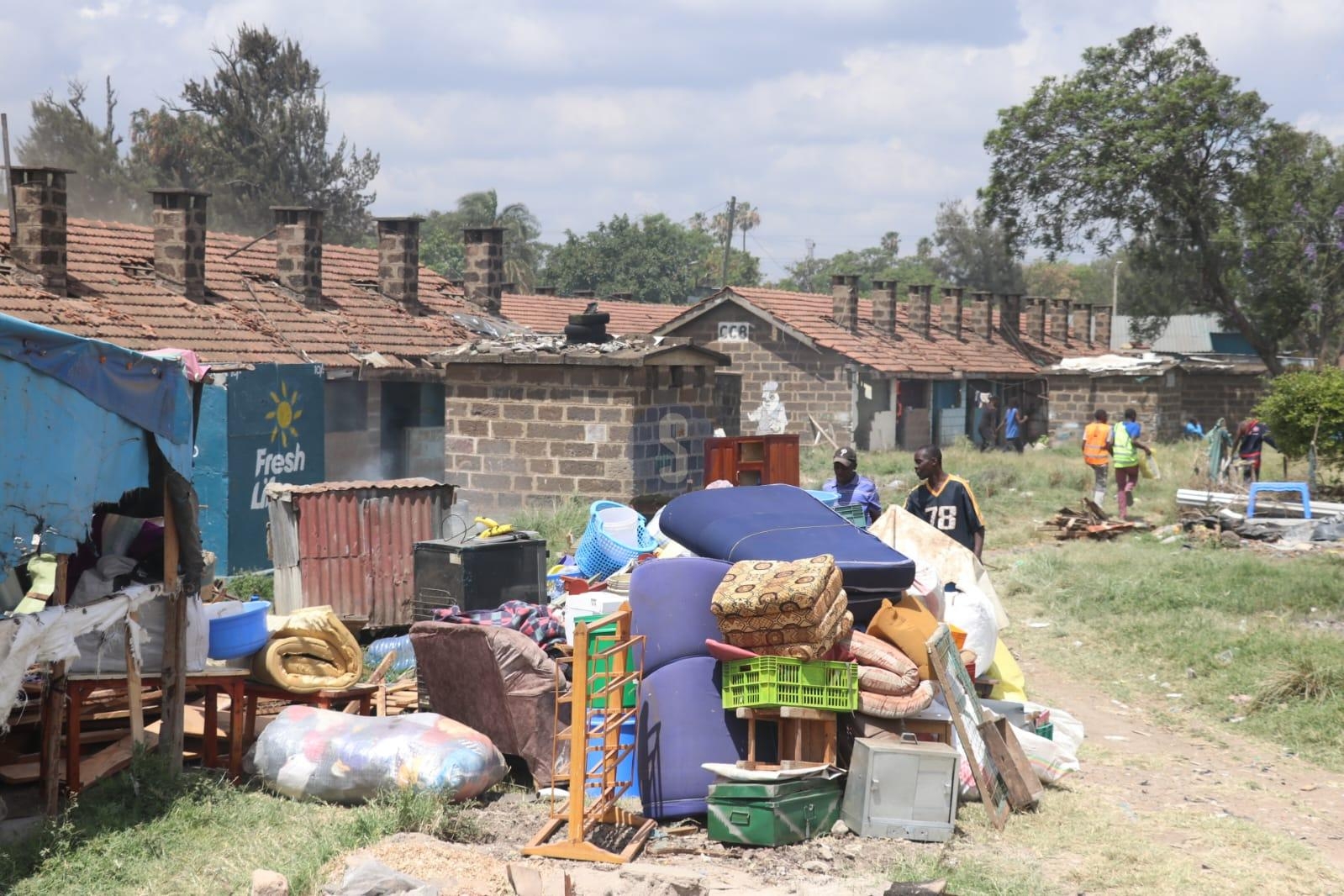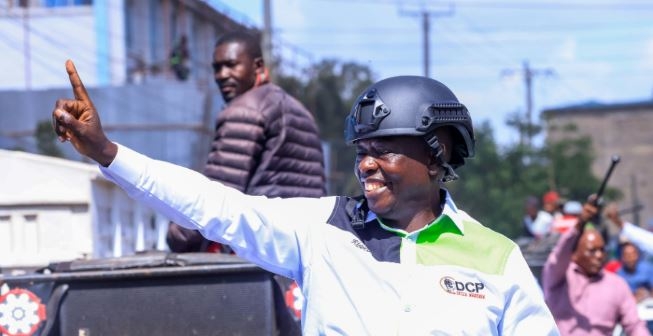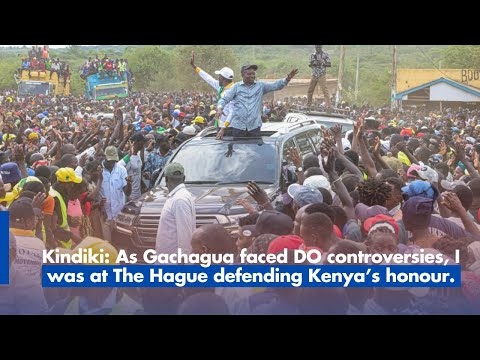A presidential task force has recommended the formulation of an appropriate policy framework to deal with religious extremism, sects, cults and other similar outfits in Kenya.
The recommendations are contained in the final report of the presidential task force on the review of the legal and regulatory framework governing religious organisations in Kenya.
The team chaired by Rev Mutava Musyimi said the existing legal framework has gaps and does not adequately address religious extremism in the country.
They said formulation of an appropriate policy framework will give guidelines on self-regulation and government oversight and ensure transparency and responsible practices by religious organisations.
“However, given that the legislative process for a new legal framework may take some time, there is a need to put in place interim measures to address the existing and emerging challenges,” the task force notes in the report.
President William Ruto formed the task force in May 2023, following the discovery of mass graves at the Shakahola forest in Kilifi county believed to contain bodies of followers of pastor Paul Mackenzie of Good News International church.
The self-proclaimed preacher was accused of brainwashing hundreds of people to starve themselves to death.
Over 400 bodies were exhumed from shallow mass graves and over 600 people reported missing. The preacher and his 30 associates have been in custody since April 15, 2023, as the trial continues.
The report noted that Kenya has a history of religious extremism which has resulted in the loss of lives and destruction of property.
It said the first major violent event perpetrated in the name of religion was the 1998 bombing of the USA Embassy in Nairobi by Al Qaeda.
This was followed by the September 2013 attack on Nairobi’s Westgate shopping mall and the April 2015 attack on Garissa University College.
There was another attack at Dusit-D2 hotel in 2019 which the report attributed to religious extremism.
“From the foregoing, it is evident that religious extremism, cultism, occultism and related vices is a growing challenge both globally and locally which needs to be addressed through a concerted effort,” the report said.
It also recommended that religious organisations self-regulate through Umbrella bodies anchored in the proposed law.
Besides the formulation of a policy framework, the task force recommended the establishment of a Religious Affairs Commission through an Act of Parliament.
“The primary role of the commission is to provide a convergence point between the state and religious organisations for the sole purpose of oversighting religious organizations,” the report notes.
The report noted that despite the increased use of online platforms such as YouTube, Netflix and social media networks to broadcast content, there are no provisions to regulate online broadcasts.
“This continues to pose a challenge in monitoring the transmission of content that displays religious extremism, radicalisation or the infringement of fundamental rights and freedoms under the pretext of religion,” the report said.
Other recommendations are the enactment of a statute providing clarity on registration requirements, transparency, responsible practices, appropriate internal dispute resolution mechanisms and crimes committed under the pretext of religion.
The team also recommended that the Societies Act (Cap 108) and other related legislations be amended to give effect to the recommendations and the entire report.
“As part of interim measures pending enactment of the proposed legislative framework, the following interim measures are to be undertaken: formulation and gazettement of regulations under the Societies Act to give effect to some of the recommendations in this report; and, implementation of the recommendations relating to relevant administrative actions contained in this report.”
Rev Mutava and his team said the legal framework should be guided by international instruments, the constitution and relevant statutes which affirm the right to freedom of religion and prescription of limitations guided by the law to safeguard public safety, order, health, morals, or the fundamental rights and freedoms of others.



